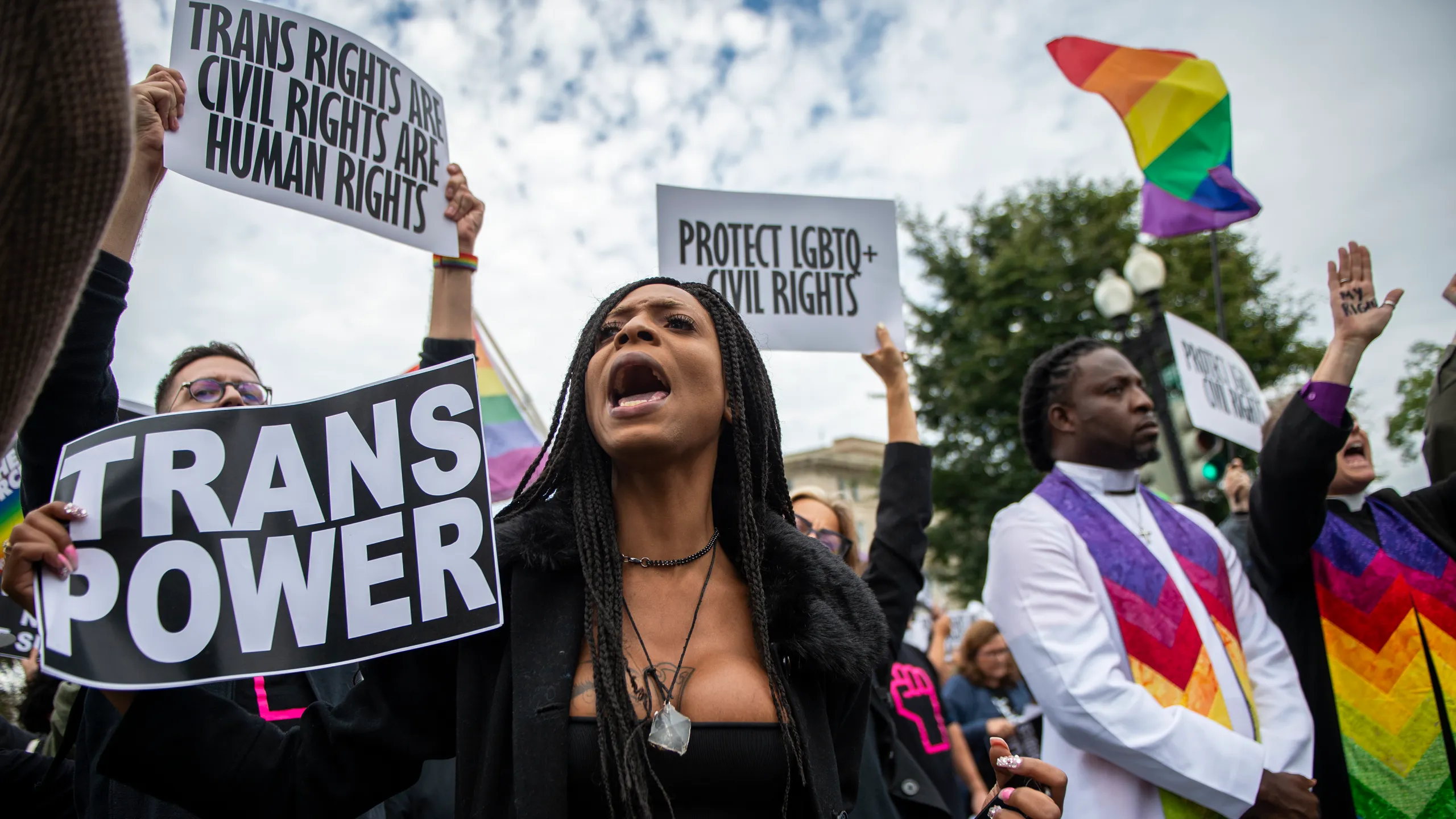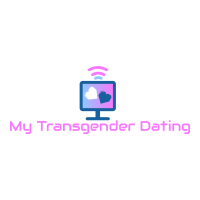How to Recognise International Transgender Day of Visibility

Every year on 31st March, the trans community and its allies come together to do two things:
- Recognize the accomplishments of transgender people.
- Raise awareness of the remaining issues and challenges ahead.
This unique event was founded in 2009 by a US activist to bring people together to share triumphs and frustrations.
As so much continues to evolve across social norms, culture, legislation, and workplace policies, it’s important to acknowledge those successes.
Over the last few years, more has been achieved to raise awareness of trans discrimination than in the several decades that came before.
Some of the improvements to non-conformist gender equality include:
- Creating some of the best dating sites out there, helping trans people find love and acceptance with like-minded singles.
- Establishing trans bathrooms and the rights of transgender women to use female restrooms.
- Making trans discrimination a legal offense.
- Promoting the rights and entitlement of trans people – highlighting their right to enlist in the military, for example.
However, much remains to be tackled.
Getting involved with International Transgender Day isn’t reserved for trans people – it’s open to everyone who wants to contribute to the celebrations and educate themselves about the next steps.
The Top Facts About Transgender Day of Visibility We Should All Know
As a relatively recent event, you’d be forgiven for never hearing about the significance of 31st March – so let’s share some information and insights to put it into context!
President Biden Formalised Transgender Day
The new president brought a vast amount of awareness to this day, 12 years after it was first formed, only three months into his presidency.
Biden called upon the American people to join in his drive to promote equality for all people, becoming the first-ever president to give credence to this day that has so long been an essential event for the LGBTQ+ community.
Thirty Percent of Trans Americans Still Experience Systematic Discrimination
Sadly, some substantial disadvantages disproportionately affect non-CIS people, to a shocking extent.
Around one in three have experienced homelessness, violence, and discrimination, and harassment remains rife – whether at work, school, or just going about their everyday lives.
Other knock-on impacts include lack of social housing, limited healthcare resources, and barriers to finding employment, with much of the business world yet to recognize the value that a diverse and varied workforce brings to their performance.
Trans women of color are the most targeted group and experience shocking levels of violence and intimidation.
School Communities Are Usually Involved in Trans Celebration Day
Education always starts with the kids. Suppose they are raised in an environment of understanding, compassion, and awareness. In that case, the next generations have a tremendous opportunity to pave the way for a world where equality is the norm.
Options for schools to get involved include:
- Sharing support for students who feel their rights aren’t being met.
- Teaching how to be an ally and knowledge about gender fluidity.
- Discussion groups about gender terminologies and what they mean.
- Guidance for making sure student clubs are inclusive and accessible.
It’s vital to note that the Day of Visibility isn’t ‘promoting’ being non-CIS or advocating for tension between groups with different perspectives.
The day is about sharing; learning, and helping everyone get to grips with what being trans means – and how they can help make life that bit easier.
There Are Lots of Different Types of Transgender People
Here are some examples and information you might find shared in literature distributed as part of the 31st March event.
- Non-operative, or non-op, means a trans person who doesn’t wish to undergo surgery or medical interventions to affirm their chosen gender identity.
- Pre-op means a person who wants surgery to transition but hasn’t yet completed it. That is often because of lack of access to medical support, inability to afford hormone treatment, or other medical issues that are a barrier.
- Post-operative trans people have received gender reassignment surgery.
If you’d like to learn more, keep an eye out for the events in your local area. They usually include parades, rallies, talks, and discussion groups.
Most events are fun, relaxed, friendly – and always inclusive!
Relevant news

Transgender Civil Rights
A person’s gender is usually assigned at birth — male or female – based on…

Is Being Trans a Mental Illness?
A common misconception suggests that Transgender is a mental illness. However, is being transgender a…

What Percentage of the US Population is Transgender?
Since surveys that respondents voluntarily take are the only way to answer how many transgender…

Interesting Facts About Transgender Mental Health
According to a 2018 study, transgender people have a 4 percent greater risk of depression.…

Most Popular Myths About Transgender People in Sports
Ok, so we'll get started with the obvious - the vast majority of critics who'd…

What Are the Best Transgender Sex Movies You Need to Watch?
We all know that trans people have routinely been discriminated against in Hollywood. Very few…
